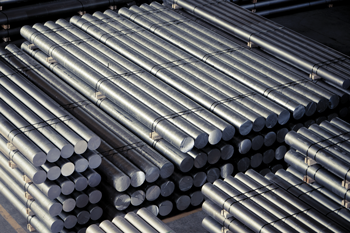The Sanctions Of Us agaist Rusal
Given Rusal’s importance to the global aluminium industry, the effects of the US sanctions will extend beyond Russia
by Alberto Pomari
The U.S. Department of the Treasury’s Office of Foreign Assets Control(OFAC) has frozen assets and banned relations with 7 oligarchs Russians and their companies, including UC Rusal. We are facing a new fact, a new one market vision that can have devastating consequences, because Rusal is the largest primary aluminium producer outside of China, produced 3.7 million tons of primary aluminium in 2017, 13% of aluminium world’s primary product outside of China. In addition, the problem also concerns another 5 million tons of metal of Russian origin that would be currently stored in Europe, North America and Asia. According to estimates by a major analyst such as Harbor, Rusal should be the world’s largest producer of unalloyed P1020 metal with about 1.8 million tons per year, and the third producer, behind Ega and Rio Tinto, of aluminium and value-added alloys such as rolling plates, extrusion billets, foundry alloys, wire rod and high purity aluminium ingots.
The sanctions, in force since last April 6, have already had consequences, and many companies have actually blocked the purchases of metal from Rusal, there was not reasonably to be expected anything else, it is clear that no operator, U.S. or not, wants to carry out operations with the Russian primary metal running the risk of be sanctioned by the United States. In the immediate term, the effects should be to narrow down considerably the market, pushing buyers to identify supply alternatives, which is not always easy; the decision of the Trump government should therefore have a substantially bullish effect both for LME aluminium prices and for premiums, as many big users will feel compressed from the new difficulties of acquiring metal, many great traders will find themselves in a short position and looking fast and perhaps struggling with other sources of alternative aluminium supply. In the longest period no one dared to give predictions, many evoke serious probabilities of chaos in the market; it is clear that if aluminium operators from all over the Western world decided not to buy metal of Russian origin for fear of secondary sanctions, or in the best of hypotheses, of long and annoying bureaucratic disputes, we would paradoxically find ourselves with 13% of the non-Chinese primary aluminium production and 25% of the world primary aluminium stocks removed from the market. In light of this possibility, the US war for new duties on aluminium and steel would be little compared to the sanctions effect on Rusal.

